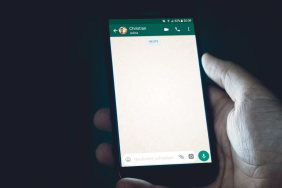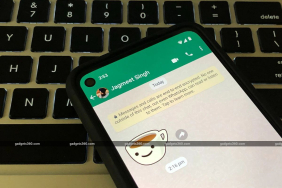On Wednesday, Elon Musk, the owner of X—previously known as Twitter—announced that Grok AI, an artificial intelligence chatbot developed by xAI, will now be accessible to all Premium subscribers of the platform. This announcement follows the recent open-source release of Grok-1, the company’s large language model (LLM). Previously, the AI chatbot was exclusively available to users subscribed to the higher Premium+ plan. Now, it will also be included in the Premium tier, although users in the Basic tier will not have access to Grok AI.
Musk shared the news through a post on X, stating, “Later this week, Grok will be enabled for all premium subscribers (not just premium+).” While the exact rollout date has not been provided, it is anticipated that the feature will be available before April. Currently, Grok is accessible in 48 countries, including India, and all regions are expected to receive the expansion to the Premium tier.
In India, the Premium+ subscription for X is priced at ₹1,300 per month or ₹13,600 annually. In contrast, the Premium tier is available for ₹650 per month or ₹6,800 per year. The Premium+ plan offers additional benefits, such as access to Grok, an ad-free experience (as opposed to fewer ads in the Premium plan compared to Basic), enhanced reply boosts across all tiers, and the capability to write and publish articles directly on X.
With this new update, Premium users will gain access to Grok AI. The chatbot, created by Musk’s AI company xAI, was initially launched in early access for Premium+ users in the U.S. in December 2023. It is currently available in 48 countries and operates on the AI firm’s large language model, Grok-1. Similar to other chatbots, Grok can answer questions, generate content, and engage in conversation with users. The company emphasizes that the foundational model was not pre-trained on any data sourced from X.
Earlier this month, xAI made the base model weights and network architecture of Grok-1, a 314 billion parameter Mixture-of-Experts model, available as open-source under the Apache 2.0 license, facilitating both research and commercial applications.






